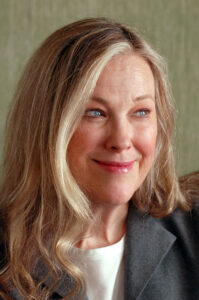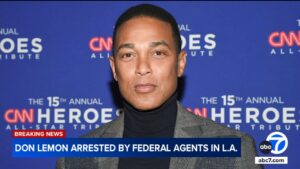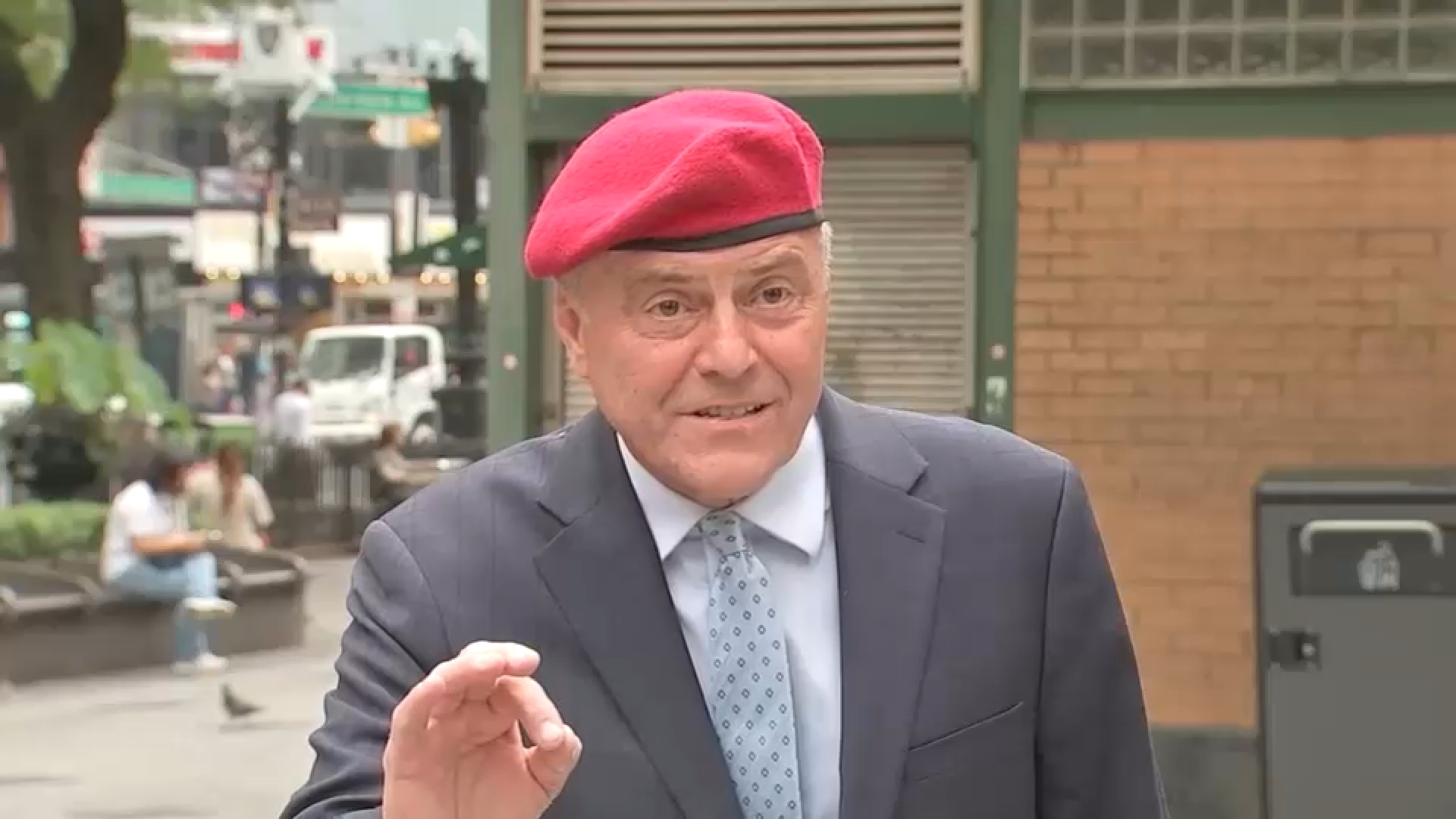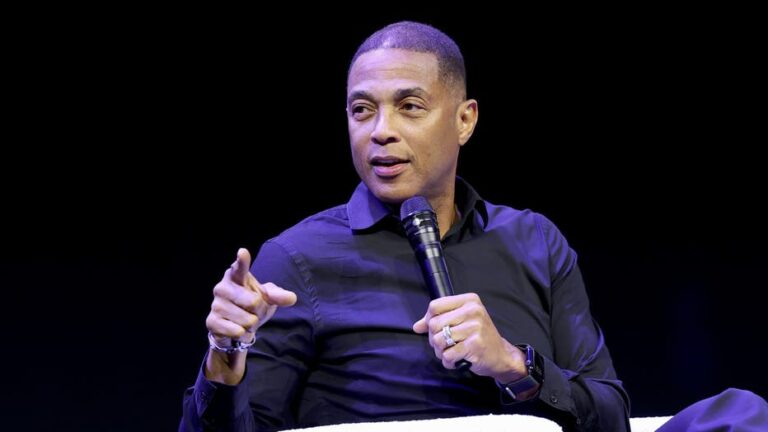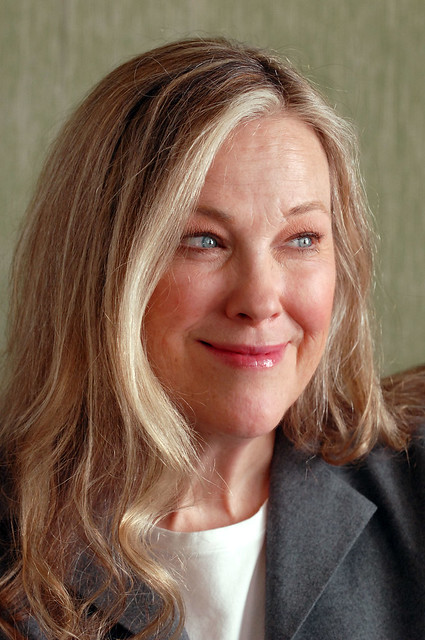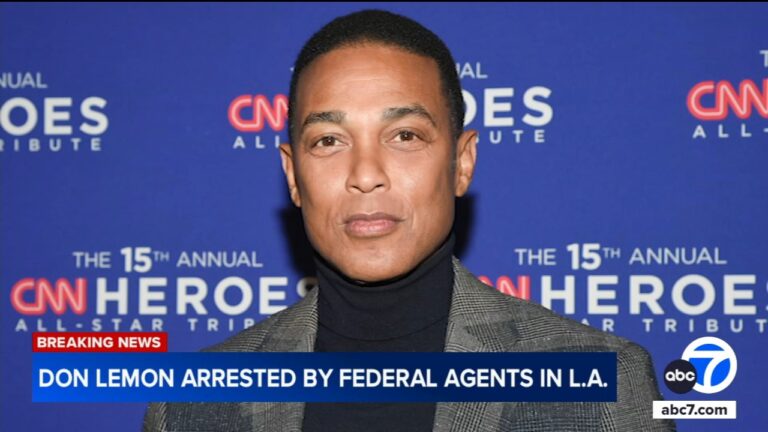Curtis Sliwa: The Controversial Figure in New York Politics and His Accusations Against Andrew Cuomo
In the complex web of New York politics, few figures are as polarizing as Curtis Sliwa. From his bold stance as the founder of the Guardian Angels to his recent accusations against former Governor Andrew Cuomo, Sliwa’s career has been marked by controversy and tenacity. In this blog post, we will dissect the latest developments regarding Sliwa’s accusations against Cuomo, exploring the implications, background, and the broader political landscape of New York City.
Curtis Sliwa’s Political Journey
Curtis Sliwa has always been a man of action. Rising to fame in the late 1970s, he founded the Guardian Angels, a volunteer organization aimed at fighting crime and ensuring safety in New York City’s subways and streets. His passionate defense of public safety and crime prevention resonates particularly with constituents who have historically felt neglected by broader political narratives.
As he transitioned from public safety advocate to a political candidate, Sliwa’s journey has included various campaigns, most notably his bid for the mayoralty of New York City against Eric Adams in 2021. While his campaign highlighted his grassroots style and focus on public safety, it has also provoked significant scrutiny from various quarters.
The Recent Accusations Against Andrew Cuomo
In a dramatic turn, Sliwa accused Andrew Cuomo of attempting to bribe him to withdraw from the mayoral race. In a report by ABC7, Sliwa stated that offers were made to him, which he interpreted as attempts to stifle his campaign. This allegation adds another layer to Cuomo’s already turbulent political narrative, especially following his resignation amid sexual harassment allegations.
For many observers, Sliwa’s claims could indicate the desperation of seasoned political figures like Cuomo, who are attempting to maintain influence amidst shifting public perception and increasing competition.
The Broader Implications of Sliwa’s Accusations
These accusations may not just impact the personal trajectories of Sliwa and Cuomo, but they also reflect a larger narrative about the state of political integrity in New York. With both candidates coming from polarizing backgrounds, the political discourse becomes increasingly focused on ethics, influence, and the accountability of public figures.
Moreover, Sliwa’s decision to go public with these claims showcases a strategic move to solidify his support among the electorate, rallying those who may feel disenfranchised in the political process. This could resonate particularly with voters concerned about perceived corruption and abuse of power within entrenched political circles.
The Public’s Response and Reactions
The public’s response to Sliwa’s accusations has been mixed. Supporters of Sliwa view these allegations as emblematic of a corrupt political system eager to suppress dissent, consolidating their support for the outsider candidate. In contrast, skeptics question the veracity of his claims and suggest that his penchant for theatrics might overshadow substantive policy discussions.
Social media platforms have buzzed with commentary, with hashtags like #SliwaVsCuomo trending among NYC residents. Polling numbers could be affected as voters reassess their support for candidates in light of these developments.
The Future of New York Political Landscape
As we look to the future, it is essential to consider what Sliwa’s accusations mean for the future political landscape of New York. Given the city’s ongoing struggles with crime, public health, and economic recovery from the pandemic, the electorate will likely rally around candidates who prioritize tangible solutions over political theatrics.
In a city marked by stark contrasts — between safety and crime, political old guard and fresh faces — the dynamics of Sliwa’s accusations may redefine how New Yorkers engage with their leaders. Will this galvanize support for political outsiders? Or will it further entrench the status quo? The answers lie in the hands of the voters.
Conclusion
Curtis Sliwa’s recent allegations against Andrew Cuomo are emblematic of a deeper conversation occurring within New York politics: the tension between new and old guard, accountability and power, theatricality and substance. As the political landscape evolves, understanding these dynamics will be crucial for both constituents and political leaders alike. For business professionals and HR leaders navigating this complex environment, staying informed on these developments is essential for making strategic decisions as they relate to governance and community engagement.

